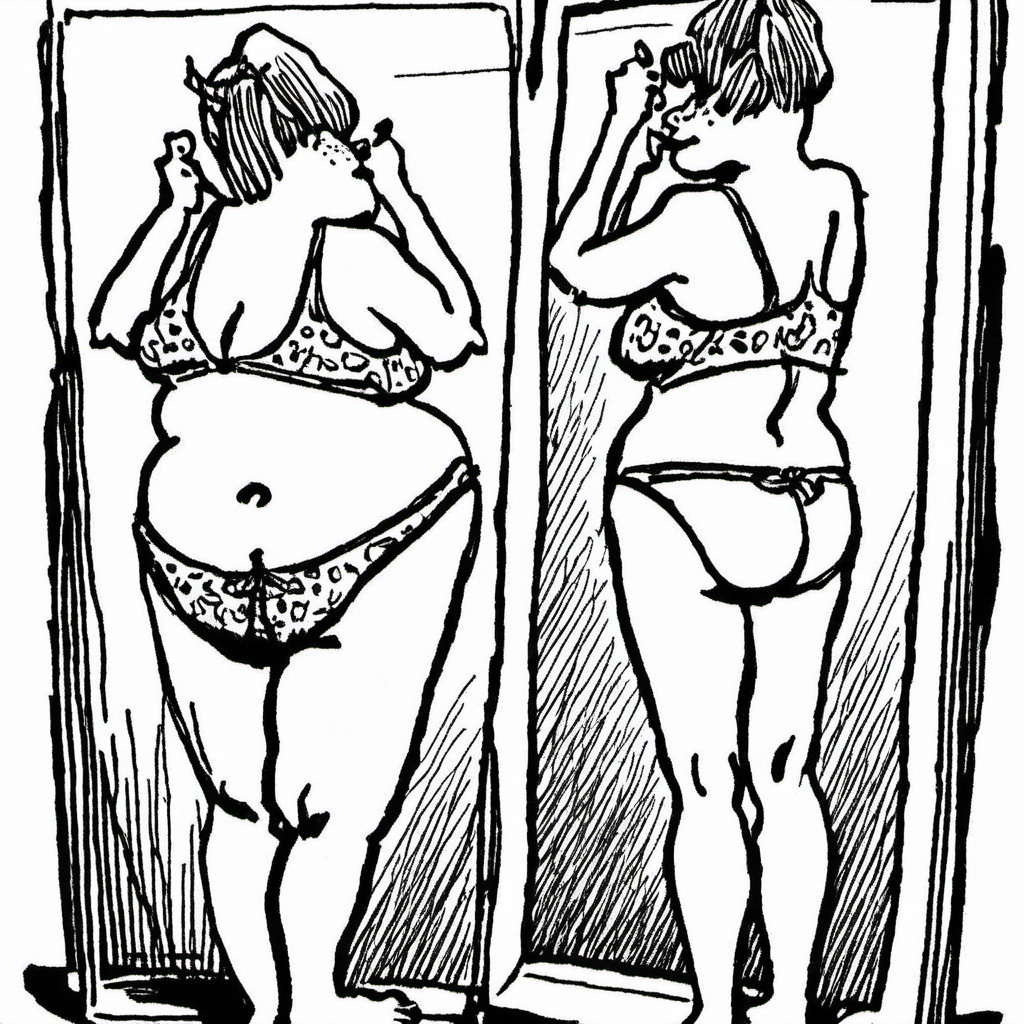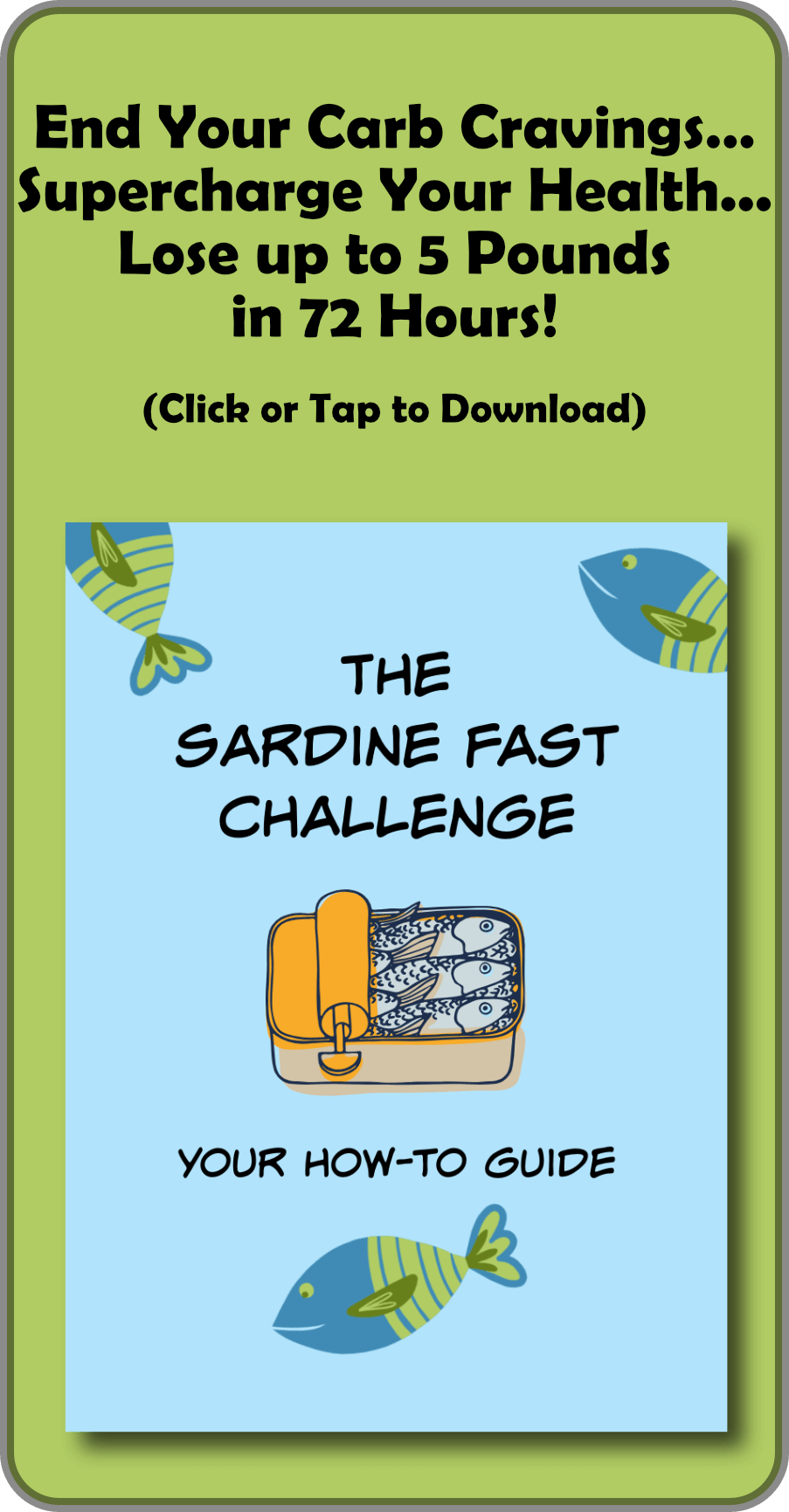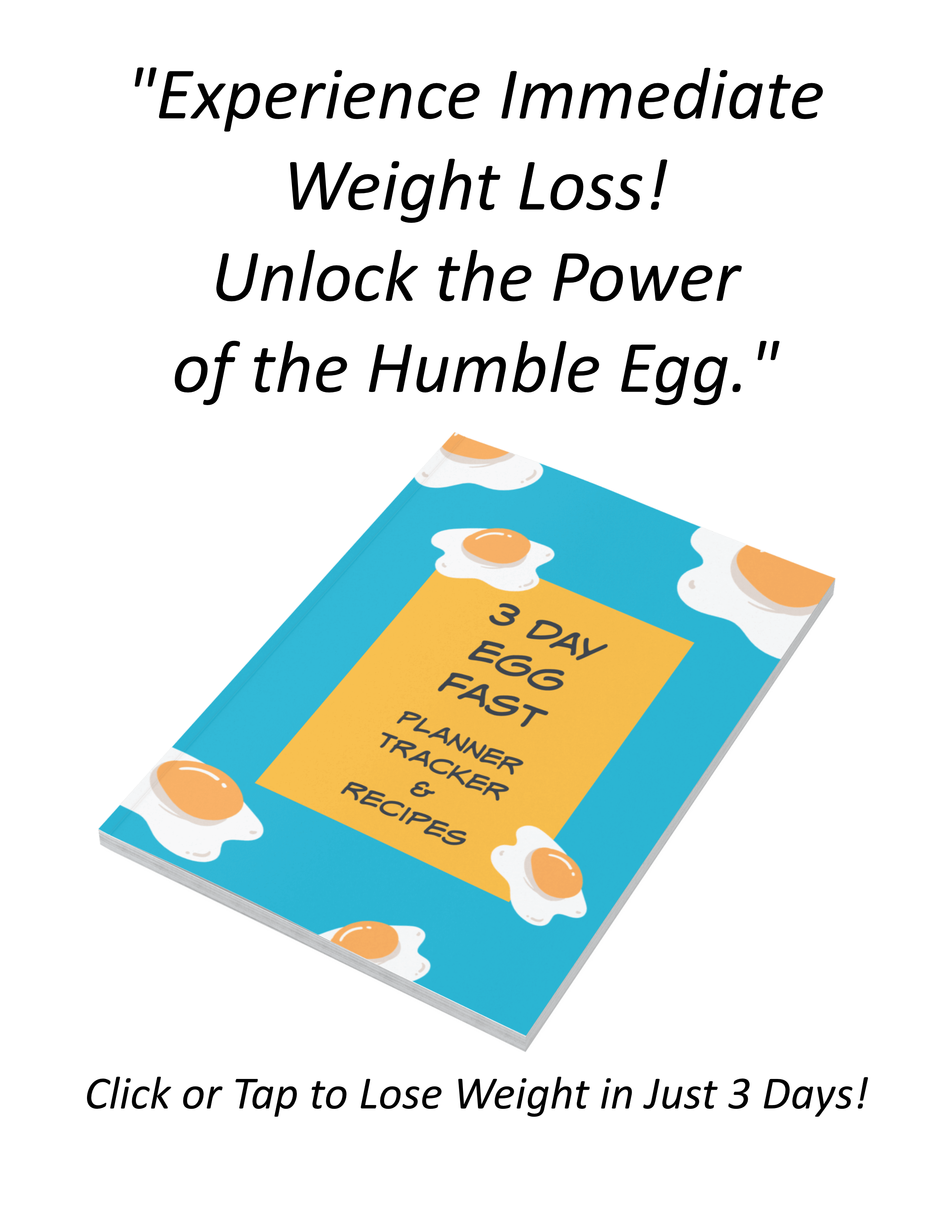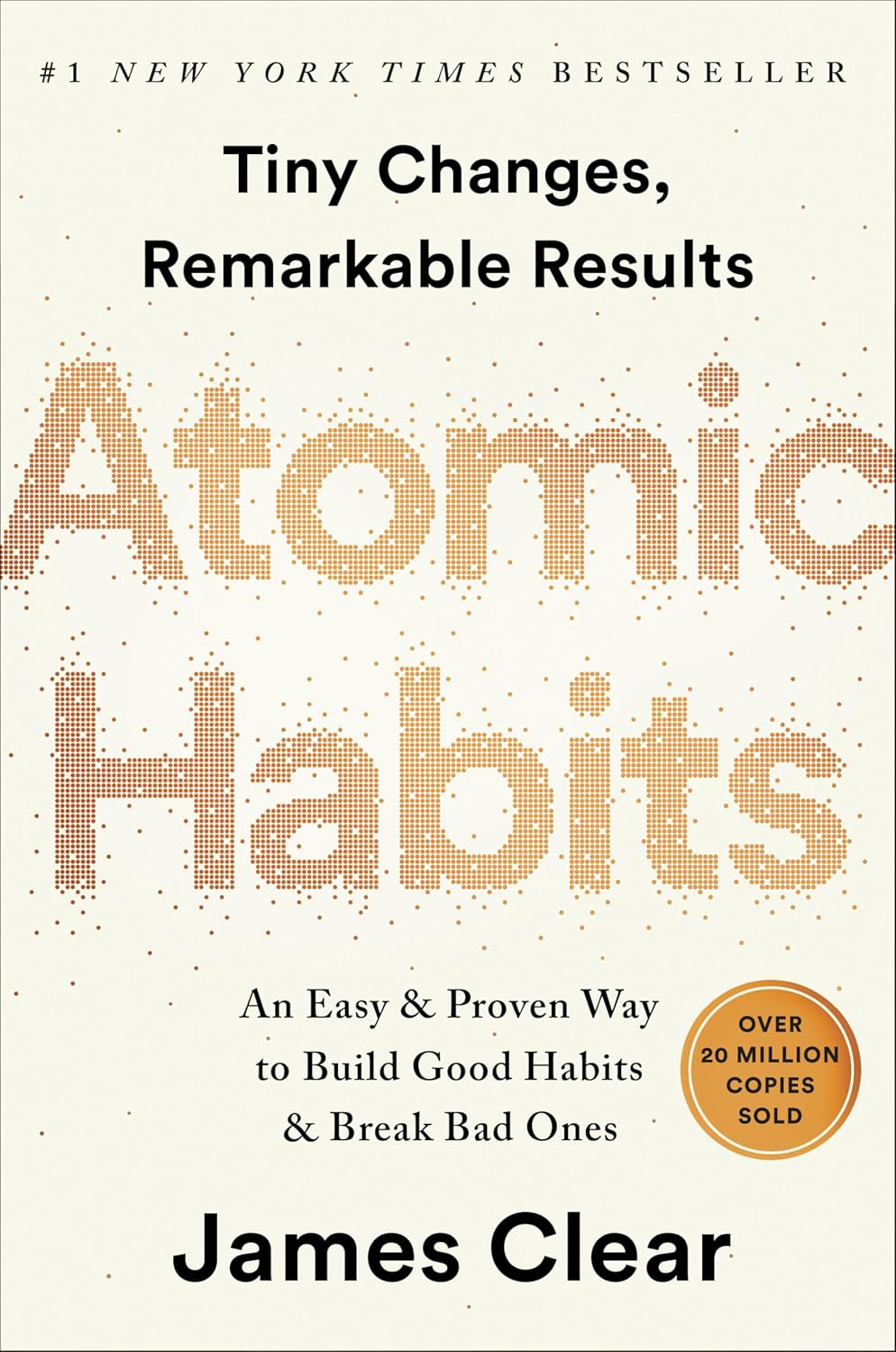Protein For Keto Diet
Setting the Rules for Protein for
Keto Diet
Before discussing protein for the keto diet, let’s ensure we’re all using the same terms of reference. Many people ask about optimal proteins for the keto diet. If not answered properly, that question is bound to cause endless confusion since it implies that a Keto diet can have varying amounts of protein. There is no such thing as a low or high protein keto diet. The keto diet is defined as having high amounts of fat, moderate amounts of protein and a very small number of carbs.
You can be on a high protein low carb diet, but that is not considered to be Keto. A keto diet is specifically about prioritizing fat. So don’t confuse the two. Keto and Low Carb are very different. Unfortunately, people have started using the terms keto and low carb interchangeably and they are not the same at all. They may appear to be alike because both require the reduction in carbs but that’s the only similarity. You can’t refer to a cat as a dog, nor a dog as a cat just because a cat and a dog both have four legs. Same for Keto and Low Carb.
Loading Up on Protein
So, what would be wrong with loading up on protein? Isn’t it better to have more protein and less fat? Great questions. And absolutely there’s nothing wrong with that but then that would not be a keto diet, would it.
The purpose of the keto diet is to quickly get into a state of ketosis. When in that state, your body is running on fat instead of glucose. If you have a lot of protein, it will be converted into glucose.
Now of course, there is a name for this process. It is referred to as gluconeogenesis… gluco-neo-genesis. Basically, that means making new glucose. And if you are making new glucose, your body will use it as fuel and that will stop ketosis from happening. As a result, you’re no longer following a ketogenic diet. So, a Keto Diet requires a moderate amount of protein.
Ideal Protein for Keto Diet
For a Keto Diet about 20% of your daily calories should come from protein. And how do you measure that? The only sure way to know you’re reaching your target is by using an app to track your macronutrients. To accurately track your protein, you’ll need to know how many calories you require based on your gender and your activity level. Generally speaking, that’s between 1800 to 2400 calories per day for women and 2000 to 3200 calories per day for men.
A good rule of thumb is to get approximately 1 gram of protein for each pound of your ideal body weight. So, if your ideal weight is 150 pounds, then you would need 150g of protein per day. Meat has an average of about 7g of protein per ounce. So, approximately 21 ounces of meat will provide approximately 150 grams of protein. But of course, there are sources of protein other than meat. Download this handy guide to help you track.
From there you’d calculate how much fat you need and then leave a little room for carbs. Easy peasy!
Protein – Essential Macronutrient
Although protein is essential, in a keto diet it is not the star of the show. Remember, too much of it can be converted to glucose and that can stop ketosis. But make sure you get 20% because your body needs it… it’s essential for your health. Your body will use it to maintain and repair your muscles and cells. Without enough protein you won’t be at your optimal. And optimal is what we want… optimal metabolic health!
When you’re losing weight, you want to maximize fat loss while maintaining your muscles. So, eat your protein!
Best Sources of Protein
The best sources of protein come from the animal kingdom. Go for eggs, dairy, meat, fish, seafood, game, pork, and poultry.
If you’re a vegetarian, opt for tofu, seitan, and eggs. Unfortunately, a vegetarian diet is usually very high in carbs and may be very difficult to make keto-friendly. If you can add eggs, dairy and fish to your diet from time to time, you could pull it off.
A Big Shift
Obviously eating a diet that is quite different from the “normal” diet can be a bit overwhelming. Indeed, it takes some getting used to. But the benefits of avoiding processed foods and sugar far outweigh the discomfort of getting adapted to a new way of eating.
All you must do is make sure to keep the protein for the keto diet at the correct level and eat more fat than you’ve been accustomed to. And don’t forget to cut your carbs way down. It’s all quite achievable. You can do it with a little meal planning and perseverance.
Your Next Steps
Where and how do you start? It wouldn’t surprise me if you were feeling a little overwhelmed. However, you can get help to get you started and keep you going. With a coach such as me, you can get off on the right foot without any trial-and-error missteps leading to wrong turns, dead ends, discouragement and delays. I can help you design a proper diet that has the right proteins for your keto diet as well as the necessary amount of fat and carbs. You can learn more about my services here.
Surprisingly, the hardest part of adopting a keto diet is getting used to not eating “foods” that come from convenient packages. But it’s so worth making the changes and experiencing the improvements firsthand. You’ll see!






New! Comments
What do you think about what you have read on this page? I'd love to know! Leave me a comment in the box below.